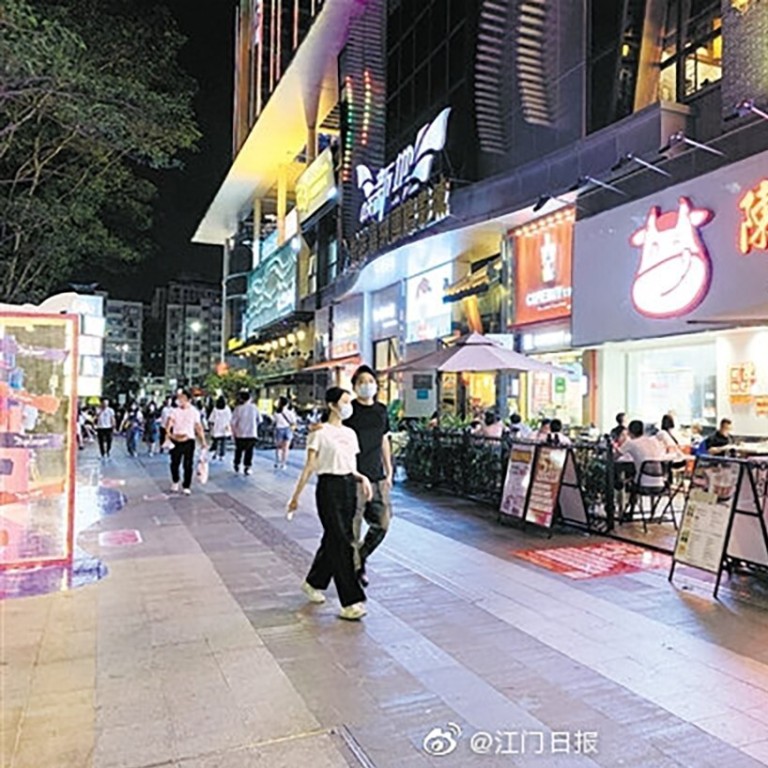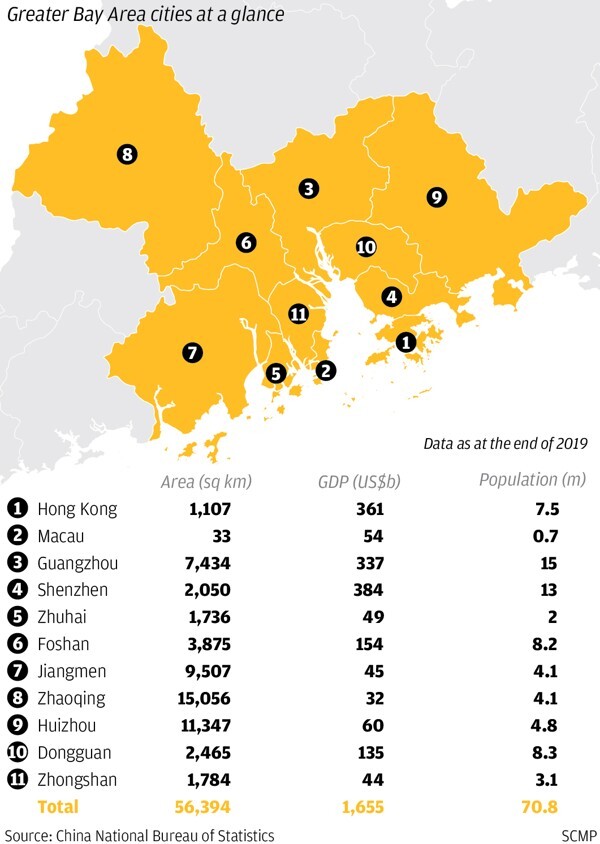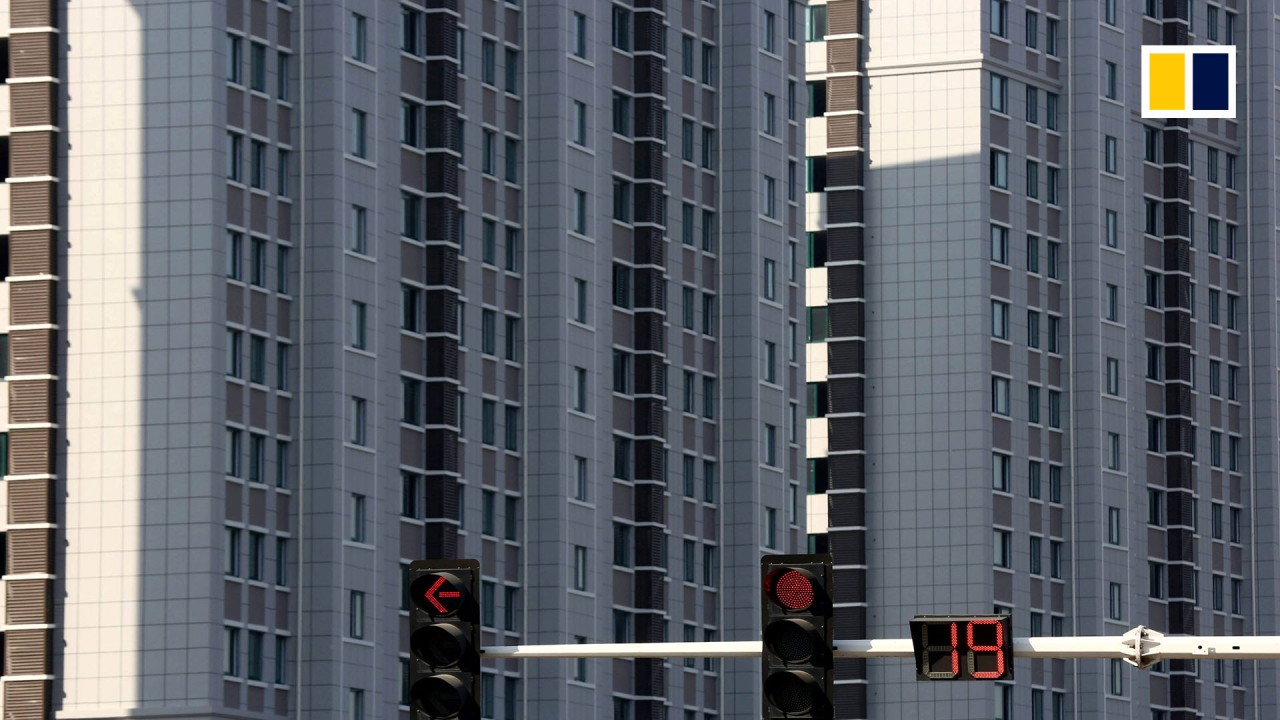
Bay area city Jiangmen, seeing importance of nighttime economy, launches campaign to drive consumption upgrade
- Jiangmen has launched a programme that runs up to late October to develop its nighttime economy and drive consumption upgrade
- The government is handing out 10 million yuan worth of vouchers and discount coupons and organising dozens of events and activities
The Jiangmen government’s recently launched campaign to develop its nighttime economy and stimulating growth affected by the coronavirus pandemic is a step in the right direction, say analysts but some residents say the programme falls short of expectations.
Jiangmen, a city of 4.63 million people in Guangdong province that is also part of Beijing’s Greater Bay Area development zone, launched the programme that runs up to late October to “develop its nighttime economy and drive consumption upgrade”, according to a notice on the government’s website.
The government is handing out over 10 million yuan (US$1.45 million) worth of vouchers and discount coupons and organising dozens of events and activities, such as food and barbecue festivals and live-stream shopping, to encourage residents to spend more on their evening out. Some 1,000 businesses have agreed to take part in the programme and the operating hours of commercial streets have also been extended.
“By organising this, the local government will be able to boost market confidence as well as grow the size of Jiangmen’s nighttime economy,” said Bryan Chan, executive director of advisory services for South China at Colliers International. However “a lot of people are still wary about going out to spend after the outbreak of the coronavirus,” said Chan.

China’s nighttime economy accounted for around 60 per cent of the country’s total retail sales in 2019, and could surpass 30 trillion yuan by the end of 2020, according to Chinese research firm iiMedia.
“The nighttime economy of Chinese cities has become an important indicator of their soft power … and an important force in supporting their consumption upgrade and promoting economic growth,” according to a JLL report published in December.
Colliers’ Chan noted that while many first-tier mainland cities and even Hong Kong have a very vibrant nighttime economy, it is relatively small in third-tier cities like Jiangmen. He added that Jiangmen’s current nighttime economy is relatively small and expanding it to a citywide level can help boost its economy and image.
Total retail sales in Jiangmen fell 8.6 per cent to 62 billion yuan in the first seven months of the year, compared to the same period in 2019. The city’s gross domestic product, hit by the coronavirus pandemic, fell 11.5 per cent year on year in the first quarter this year, according to the National Bureau of Statistics.
The government is hoping live streaming on platforms like Taobao Live, JD.com and Pinduoduo will help entrepreneurs and promote local products.

00:58
Hongkongers dreaming of big gains from Greater Bay Area homes could be disappointed
But some residents could not care less, pointing to the lack of marketing efforts on the government’s behalf to boost excitement.
“Not many people around seem to be talking about the events,” said Ye Mingsi, a Jiangmen resident in her 20s.
Ye said she has not eaten out since the coronavirus outbreak, pointing out that many like her may not want to leave home to avoid contracting Covid-19.
In late April, Jiangmen launched another programme to drive direct consumption by more than 500 million yuan by issuing 900,000 electronic consumption coupons worth 56.7 million yuan.


